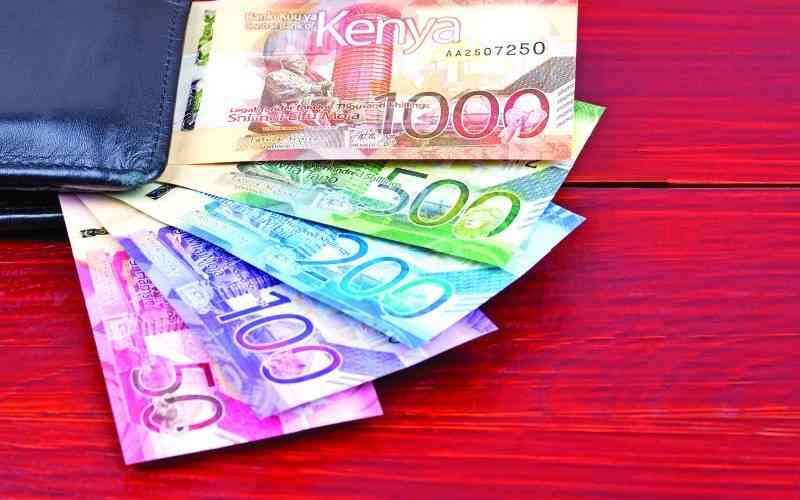×
The Standard e-Paper
Smart Minds Choose Us

The elite are concerned about increase in taxes. In fact, their grumbles have become a political statement. Many Kenyans are debating the merits and trying in their own way to push back on additional taxes.
And yet, the real hustlers are confused. They appear lost. While in Kibera where I grew up, I visited a woman's house for evening porridge. The mama had questions. She spoke in Luo, "Jatelo what is this tax we hear about?"